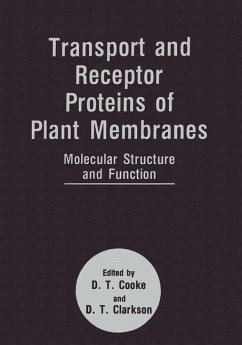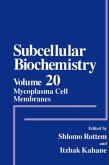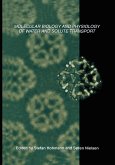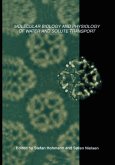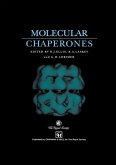This book presents the contributions of the main speakers to the 12th Long Ashton InternationalSymposium, heldat theUniversityofBristolfrom 17thto20thSeptember 1991. Manyofthe 160delegates who attended presented posters, the abstractsofwhich have been published separately and reflected thevigour, excitementand originalityofthepresentations. The identity and molecular structure of solute of membrane proteins are of interest in of themselves but may be seen as only a step towards broader questions about the regulation their activity and their integration into the lifeofcells and organisms. This symposium was held at a time when exciting progress was being made on the molecular biology of some transporters, ion channels and hormone receptors. The contributions reflect this progress in different degrees. Some problems are less tractable than others and the mixture of success stories and hopeful aspirations was a deliberate choice by the organisers. At the symposium those who were still confronted with great difficulties were listened to sympathetically and with constructive interest. Itis hoped that their papers will be read in the same way. During the symposium we discussed the natureofmany transport proteinsand receptors, as well as the existence ofadditional regulatory proteins such as protein kinases, G-proteins and calmodulin. Wecould say that upto twentyproteins wereconsidered inany detail. While this may sound like a considerable achievement, the scaleofourignorance can be illustrated byconsideringthatonatypicalsilver-stained, two-dimensionalpolyacrylamidegelofpurified plant plasma membrane polypeptides, between 150 and 200 spots are routinely shown; radiolabelled membranes frequently giveeven more, indicating how much membraneprotein there is, the function of which we have no conceptual framework.
Bitte wählen Sie Ihr Anliegen aus.
Rechnungen
Retourenschein anfordern
Bestellstatus
Storno

